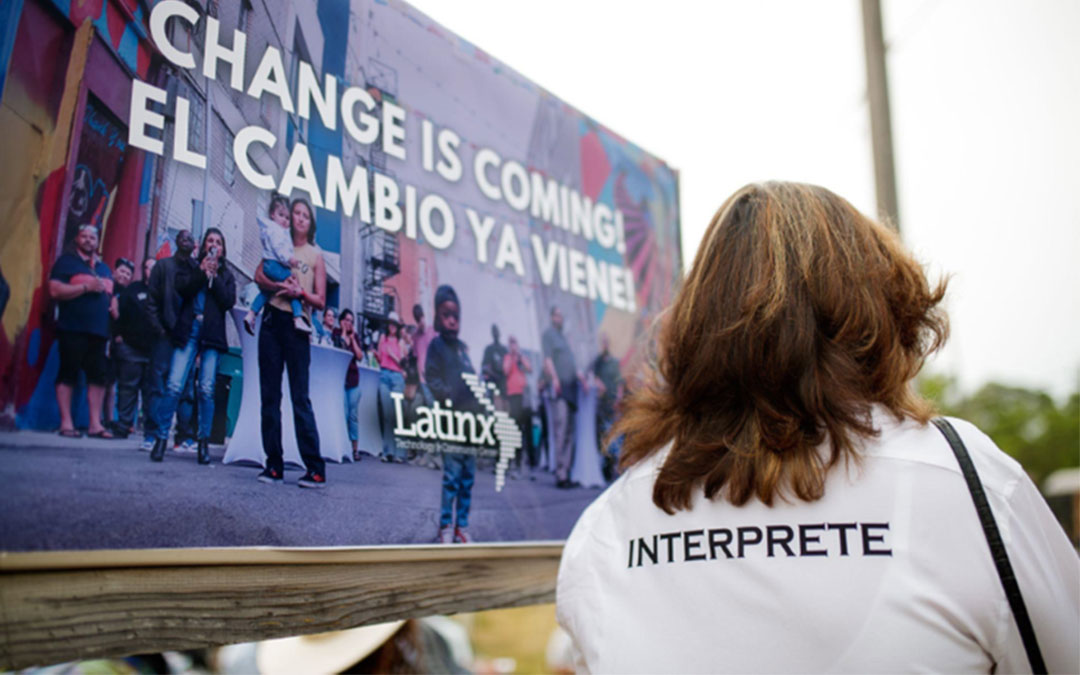Do you know what your linguistics rights are as parents and students?
In the United States, including the State of Michigan, parents’ rights to an interpreter are supported by federal and state laws that protect civil rights and ensure access to public services for people with limited English proficiency.
Legal framework
Below are some relevant laws that protect and guarantee your language rights. Generally, these laws seek to ensure that people who do not speak English as their first language have equal access to government services and programs.
- Civil Rights Act of 1964 (Title VI)
Prohibits discrimination on the basis of race, color, or national origin in programs and activities receiving federal financial assistance, including government services. This supports the right to interpretation for people whose primary language is not English. - Michigan Language Equality Act
This law requires state agencies to provide interpretation and translation services for people with limited English proficiency. This law was enacted to ensure that people with limited English proficiency have access to government services and state programs. The law establishes the obligation of state agencies to provide interpretation and translation services when necessary to ensure effective communication. - Michigan Civil Rights Act
This law prohibits discrimination in areas such as employment, housing, education, and public services. It can be invoked to support the right to an interpreter in situations where the lack of interpretation services may constitute discrimination. - Americans with Disabilities Act (ADA)
Although not specific to language issues, the ADA prohibits discrimination on the basis of disability and requires the provision of accessible communication services, which may include interpretation for individuals with limited English proficiency.
Generally speaking, parents have the right to request an interpreter when interacting with government agencies, such as schools, social services, or court systems. Agencies must provide interpretation services in a manner that ensures effective communication. This may include interpreting at school meetings, medical consultations, legal hearings, or other contexts important to family life.
What to do if you require an interpreter or translator?
If a parent is in a situation where they need an interpreter and are facing difficulty obtaining one, the Latinx Technology and Community Center can help. We have experts trained in interpretation and translation services. It is recommended to contact the Language Services Coordination, calling the telephone number 810.715.5050 or writing to the email address info@latinxlfint.org The protection to the linguistic rights can be guaranteed through services of interpretation in person by specialized personnel, interpretation programs via telephone and/or video, as well as translations of documents.






